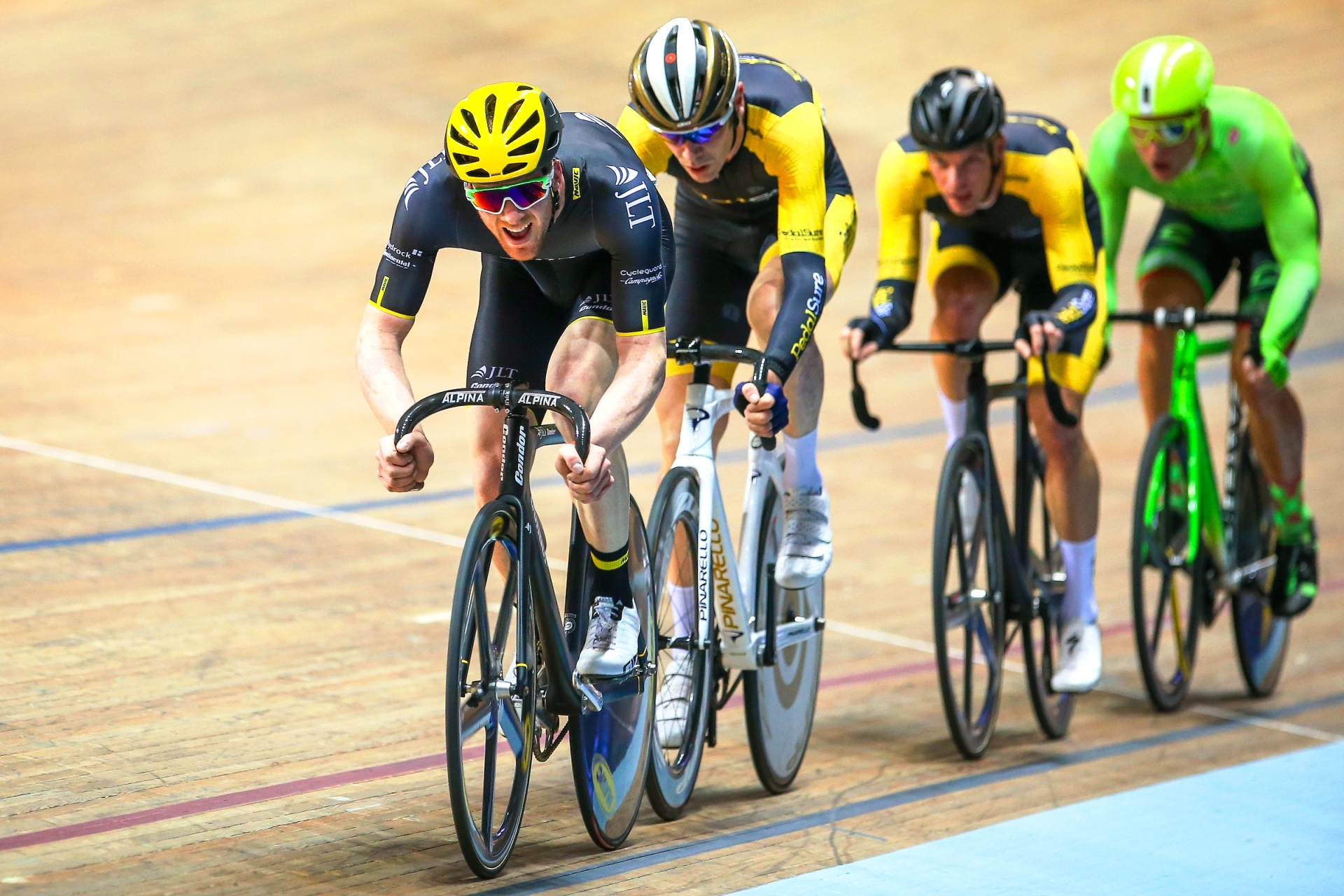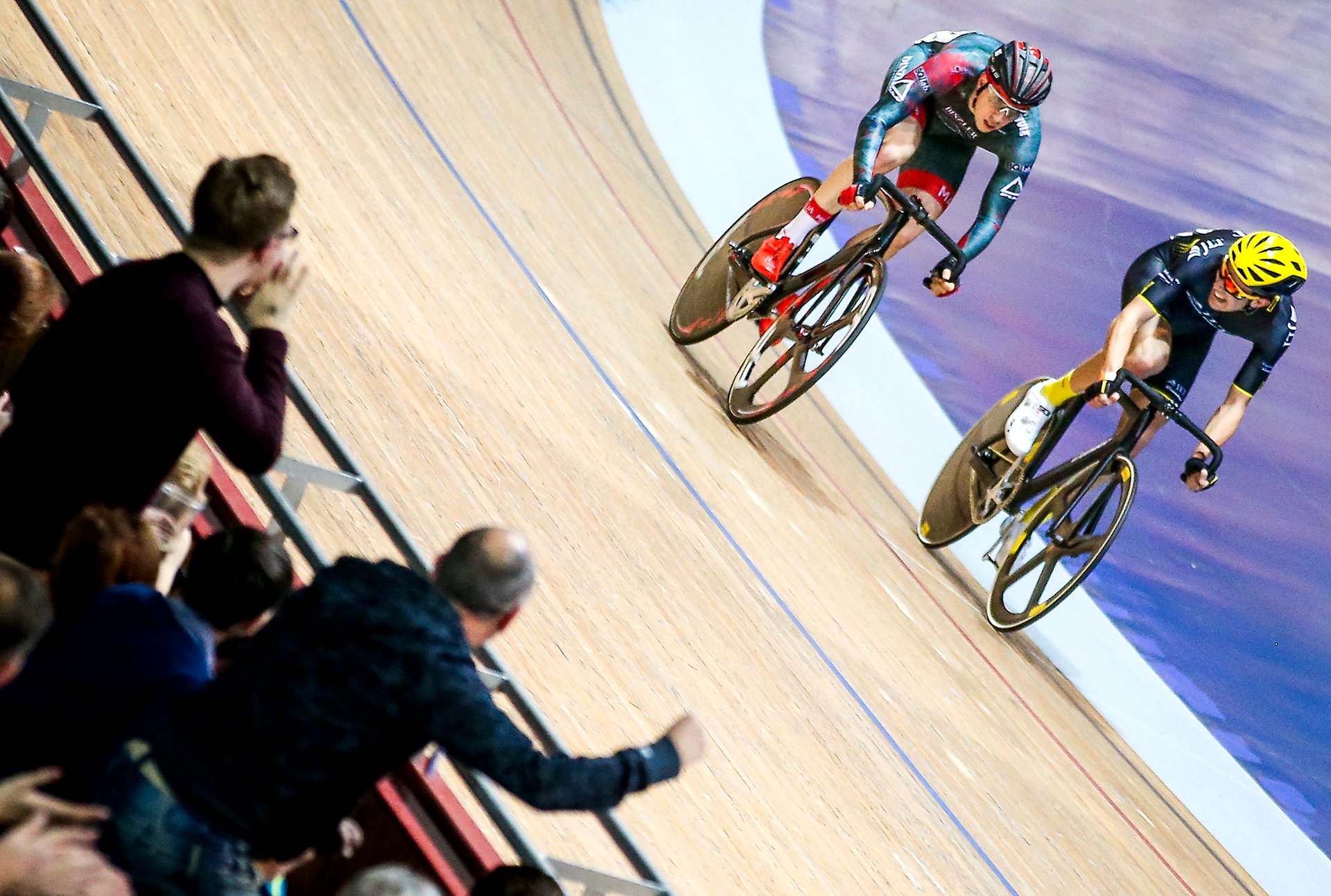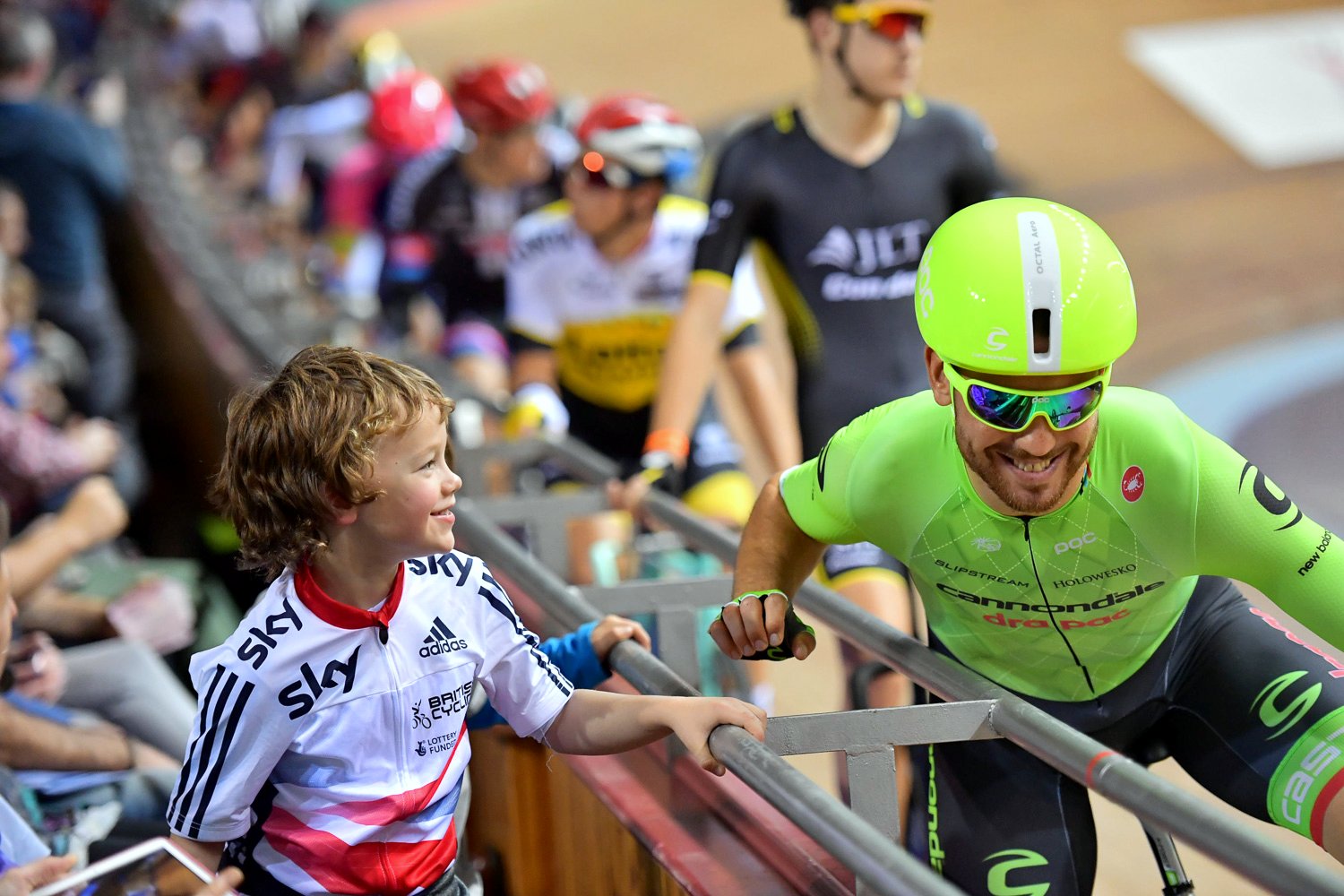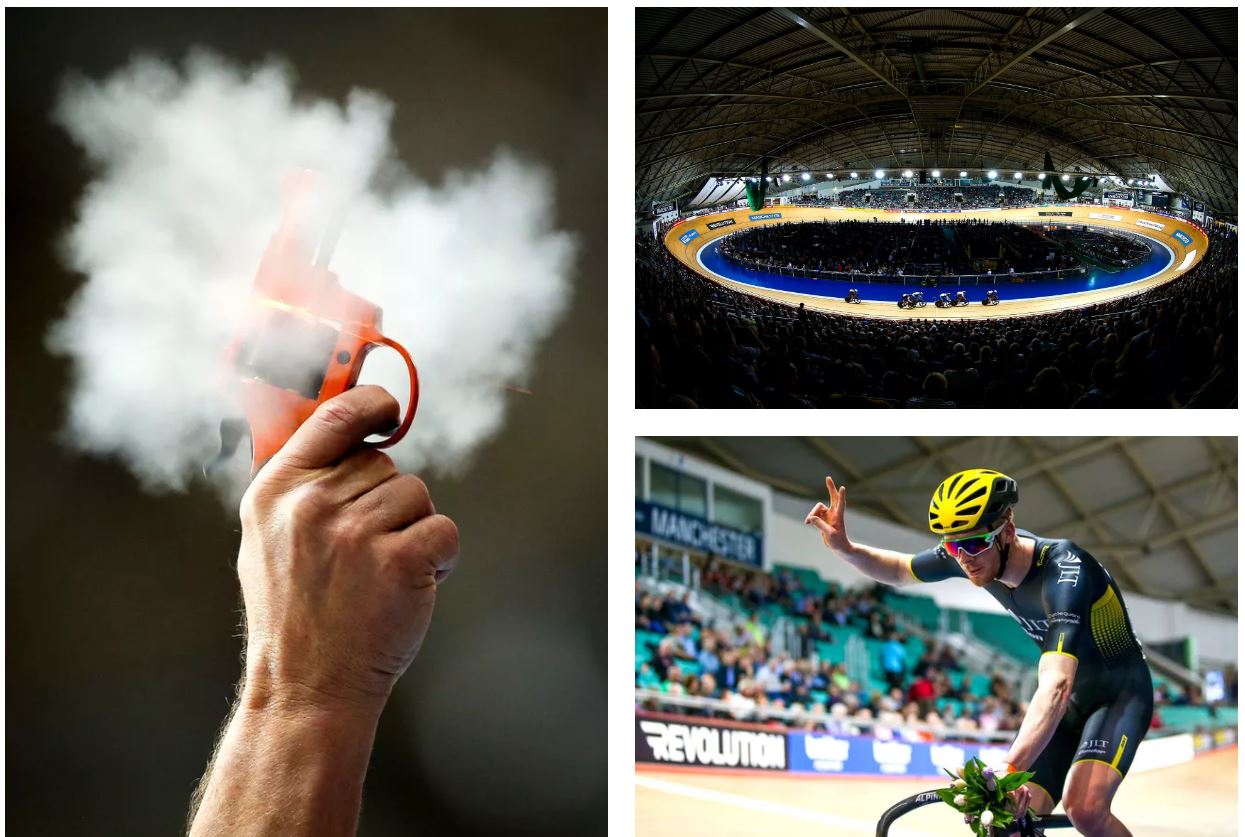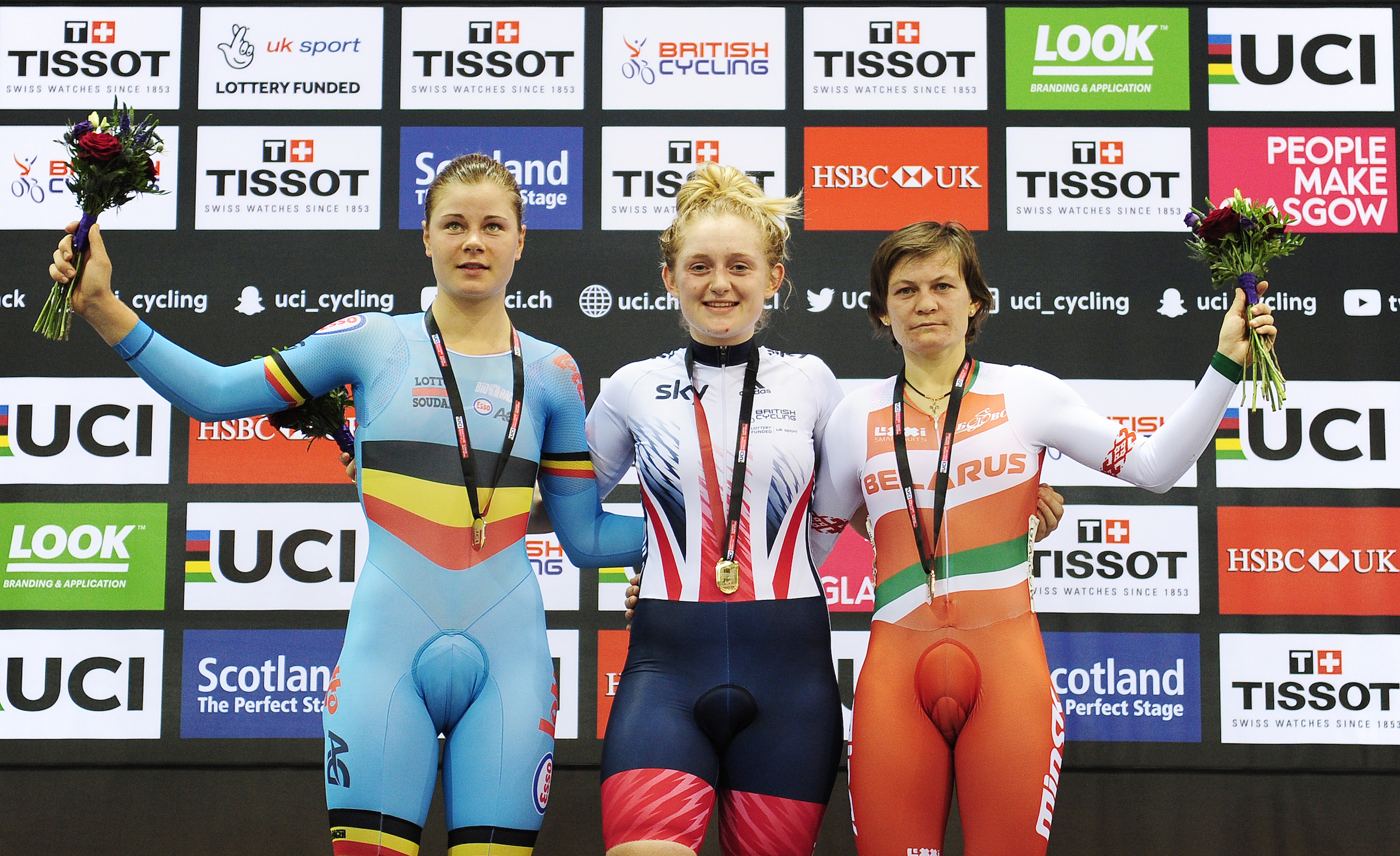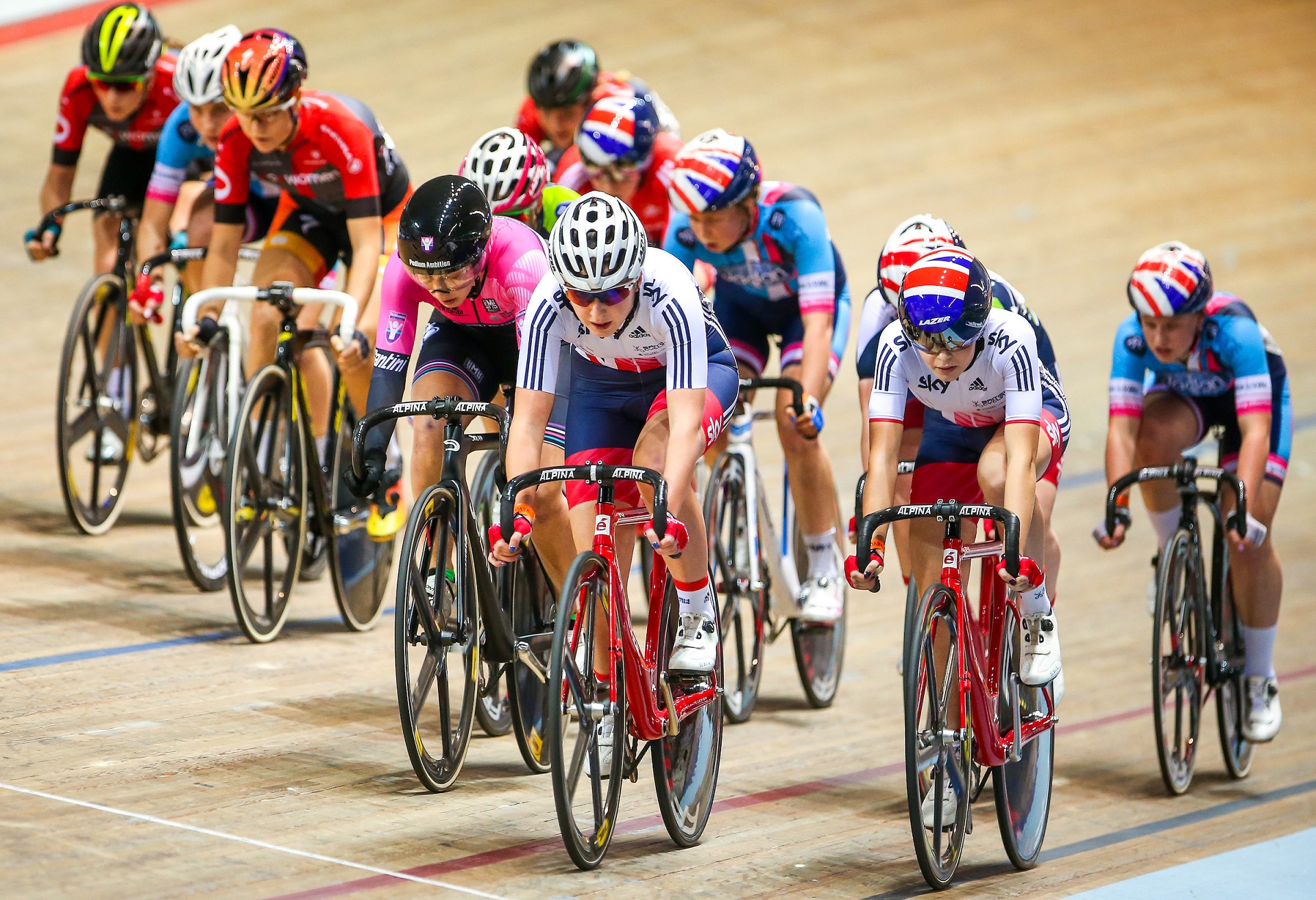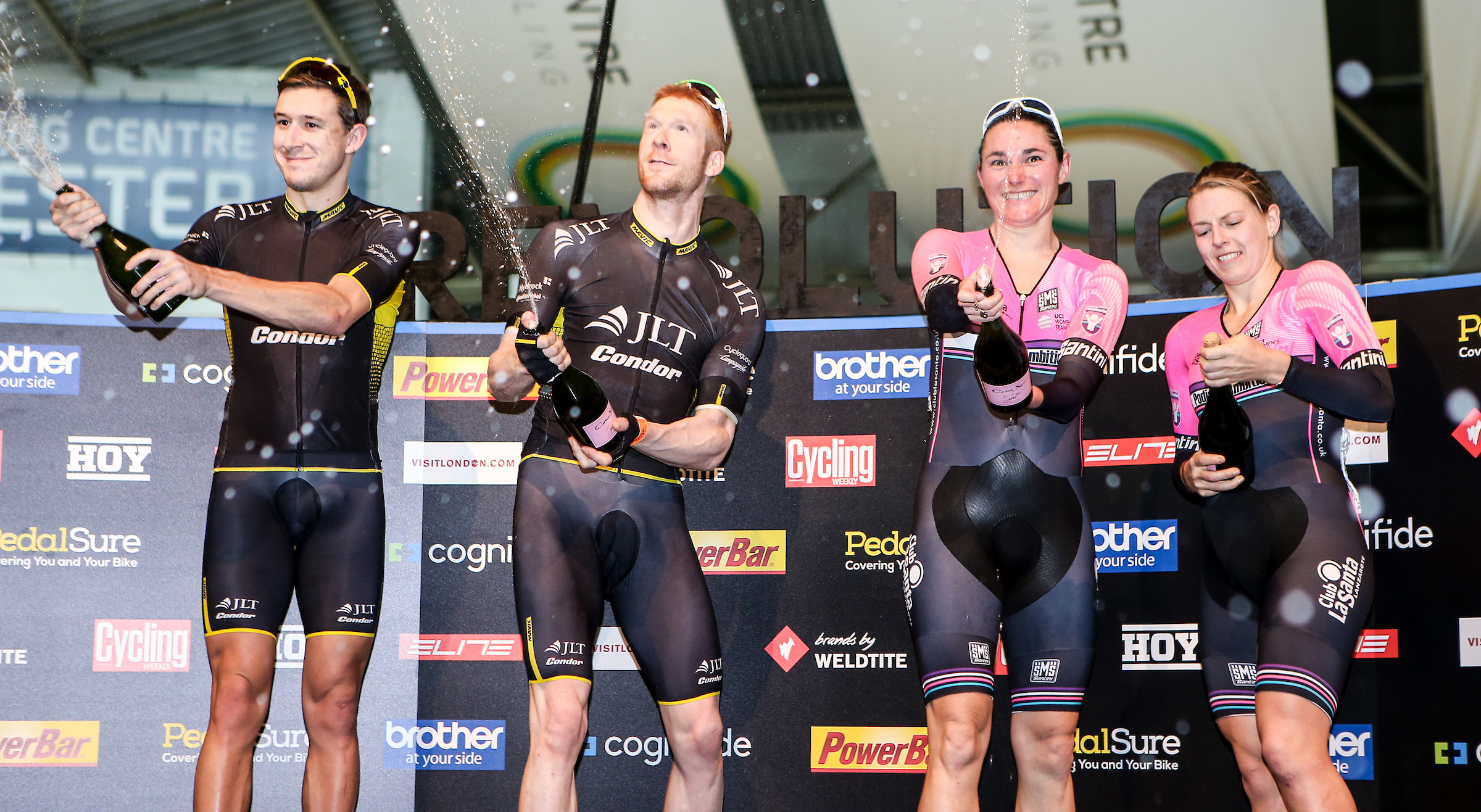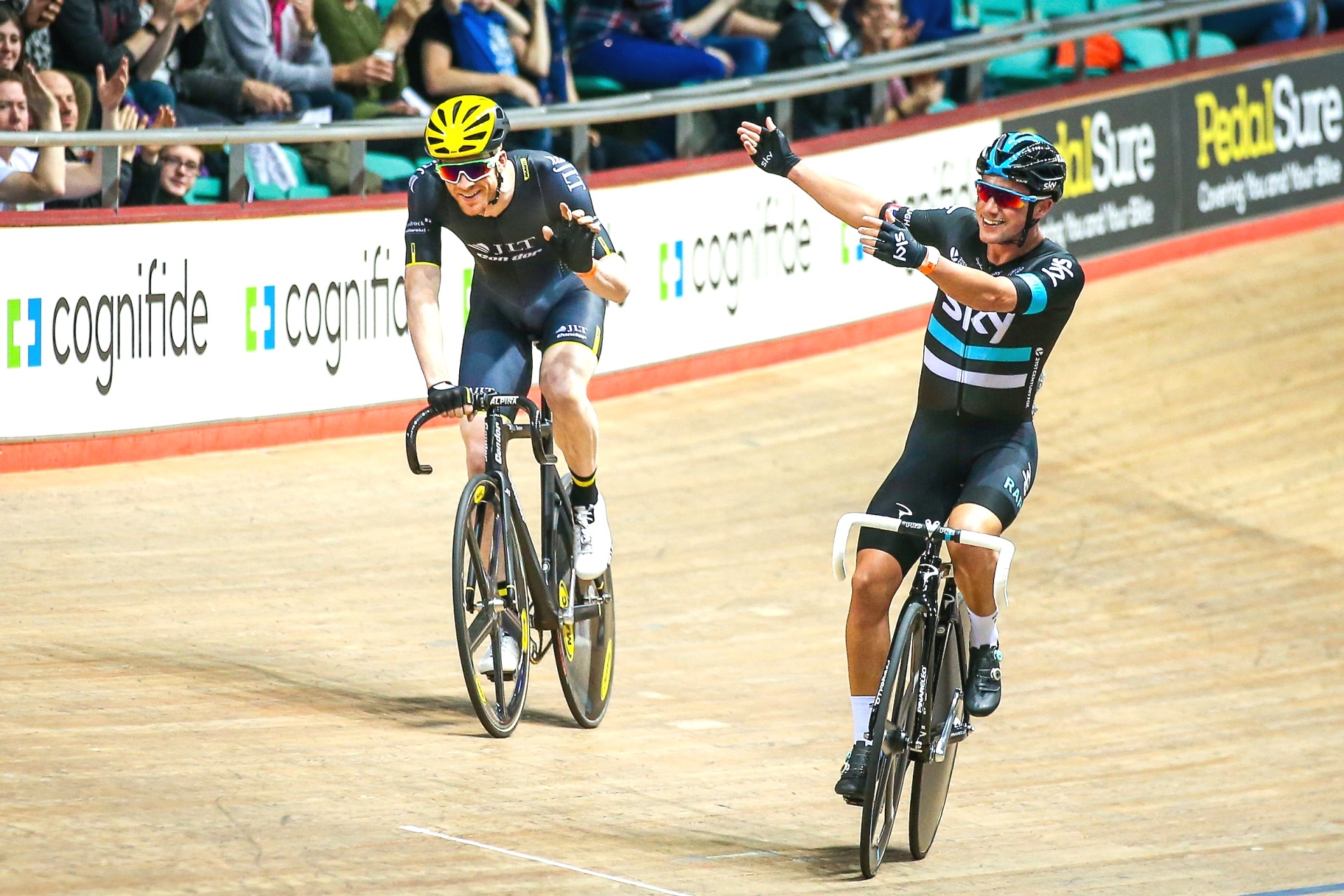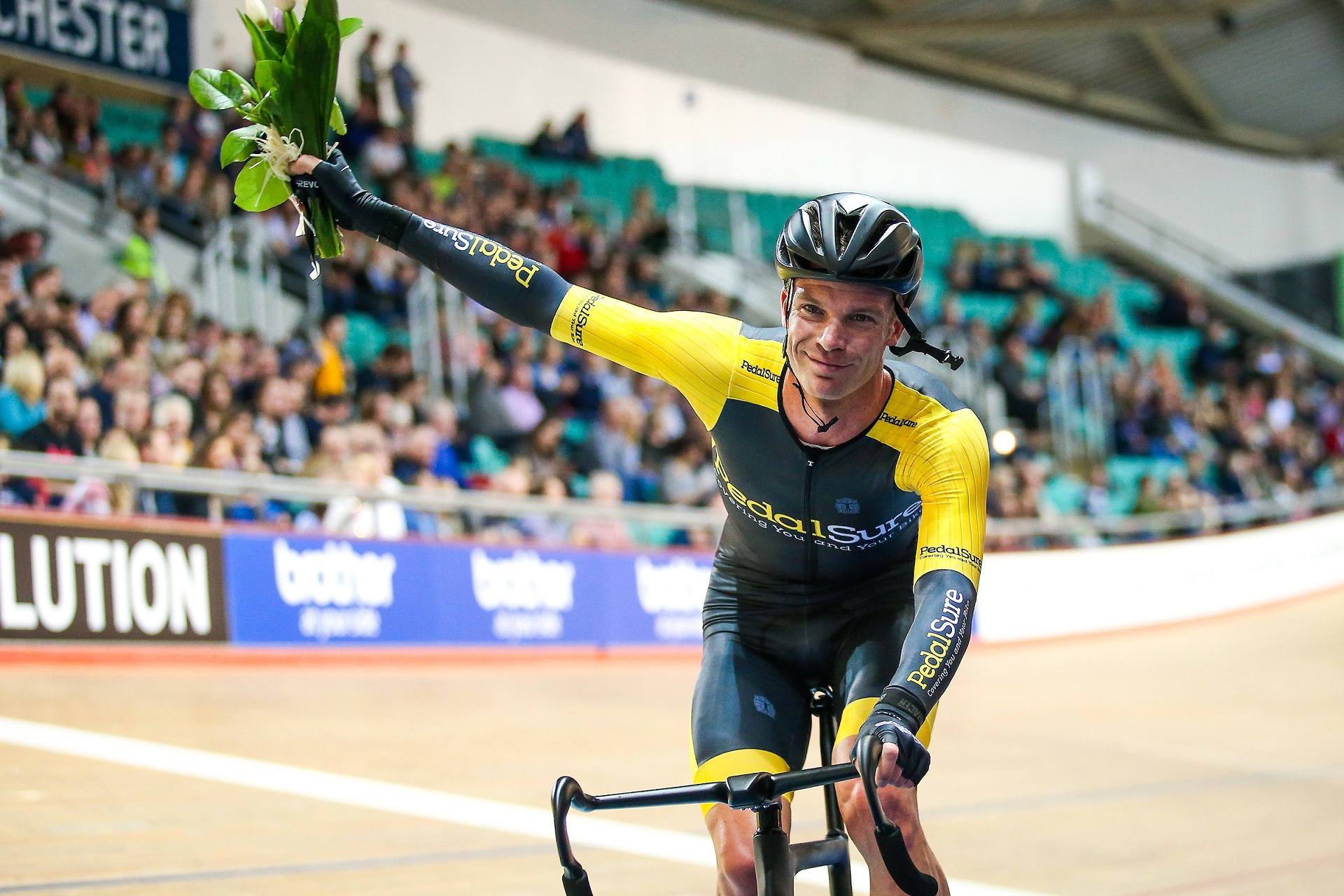Track cycling’s Revolution entered another new chapter in Manchester last weekend as the inaugural Revolution Champions League kicked off at the National Cycling Centre.
The Revolution Series, which first launched in 2003, has become a key fixture of the British track cycling calendar, combining big-name riders with stars of the future, and has helped nurture many of Britain’s recent Olympic champions.
Following three rounds of domestic Revolution action in September and October, the arrival of the Champions League sees the series’ leading domestic teams – namely JLT-Condor, Team PedalSure, Team Wiggins and Maloja-Pushbikers – joined by seven WorldTour teams for two weekends of high-octane racing action in Manchester (November 25/26) and London (December 2/3).
With the Revolution Sprinters Omnium, Elite Women’s Championship and HOY Future Stars competitions also in full swing alongside the Champions League, it meant a packed programme of races for the first instalment of the Revolution’s newest innovation. We joined the sell-out crowd for the final session in Manchester on Saturday to find out the secret to Revolution’s success – and what the future holds for the series.


